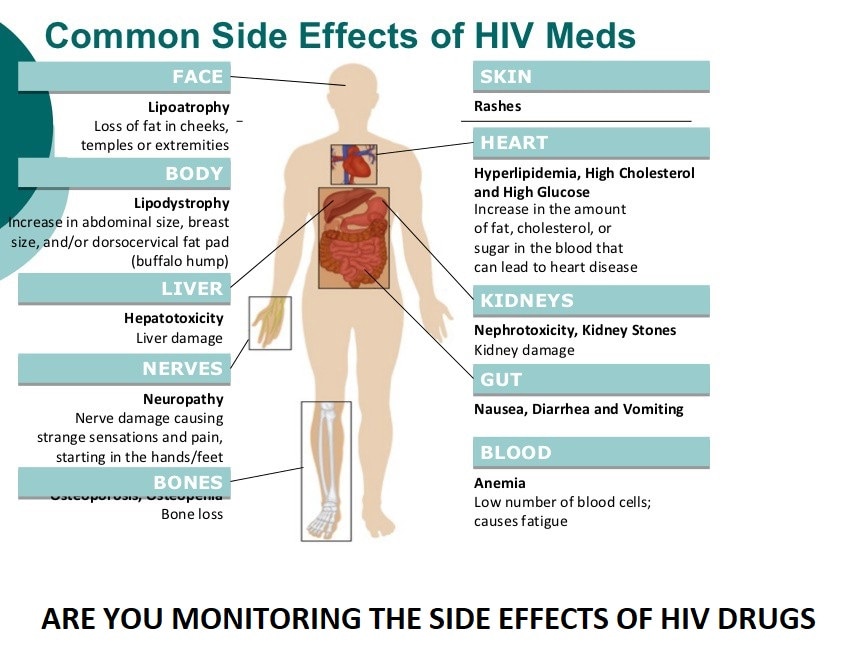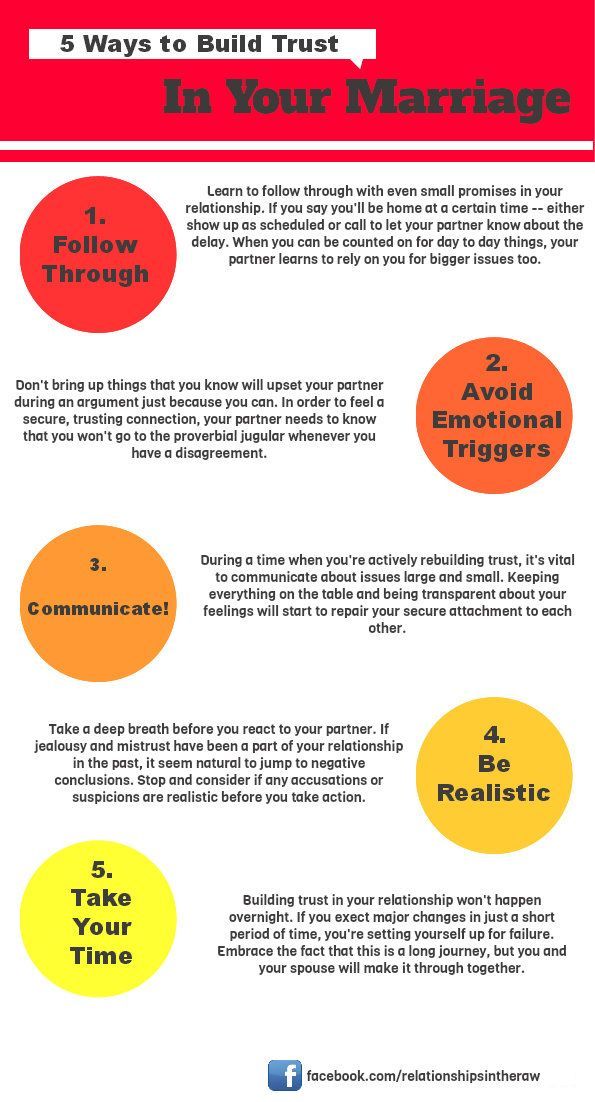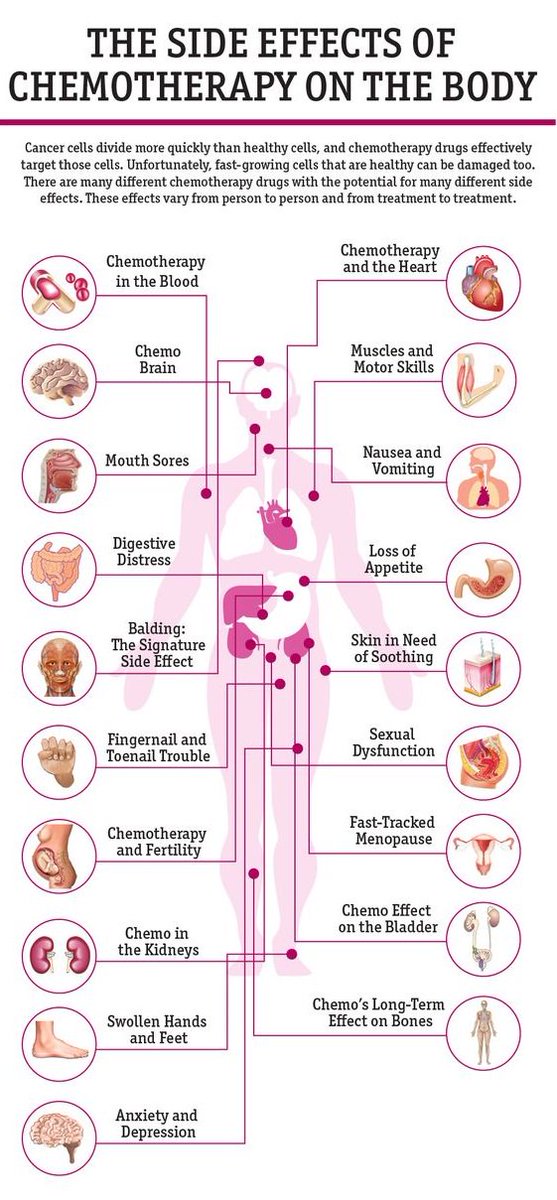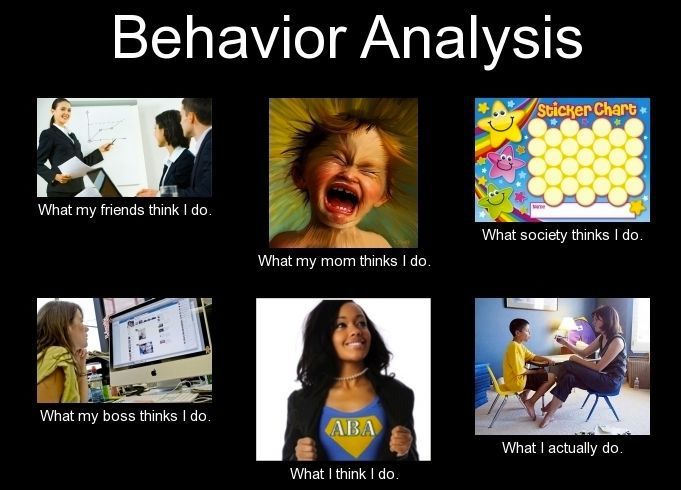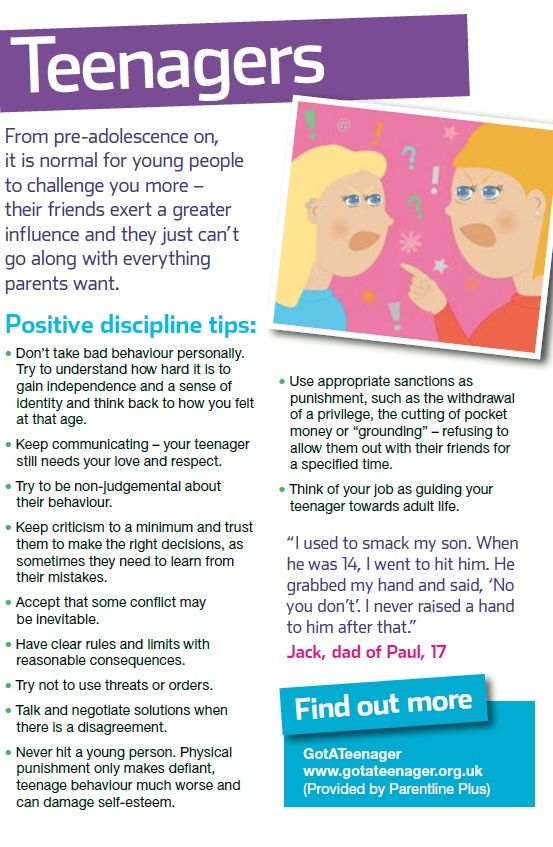Insecurity and jealousy in relationships
Can Insecurity Lead to Envy, Jealousy, and Shame?
Insecurity about yourself or your relationship can cause you to feel a variety of uncomfortable emotions. You might experience jealousy, which may cause rifts in your relationship or bring up shame.
If you have an insecure attachment style or deal with personal insecurity, this may lead to feeling envious of others or unfairly comparing yourself or your life to others.
You don’t have to stay stuck in cycles of jealousy and insecurity, or live with shame. With a little effort, it’s possible to free yourself from insecurity.
Jealousy can be a sign of insecurity. Jealousy is a fear of losing something you already have, like a relationship or friendship.
People who deal with jealousy may often feel threatened by other people. You may also feel that you are in competition with others, even if you’re not.
Jealousy can stem from feelings of insecurity, especially if you have an insecure attachment style. One 2017 study found that attachment styles and jealousy are closely related.
According to this same study, insecurity and jealousy may also be associated with:
- low self-esteem
- neuroticism
- hostility
- rigidity
- social anxiety
While jealousy can be a sign of insecurity, this isn’t always the case. A variety of situations can also cause insecurity. For example, criticism can lead to feelings of insecurity or inadequacy for some people.
Common signs of insecurity can include:
- feelings of inadequacy
- jealousy
- uncertainty
- anxiety within relationships
- low self-esteem
- feeling unworthy
- lack of confidence
- striving for perfection
If you don’t feel confident in yourself or your relationships, this can lead to jealousy. People with insecure or anxious attachment styles may also experience jealousy in their relationships.
For example, you might view other people as a threat to your relationship, or worry excessively about your partner’s feelings for you.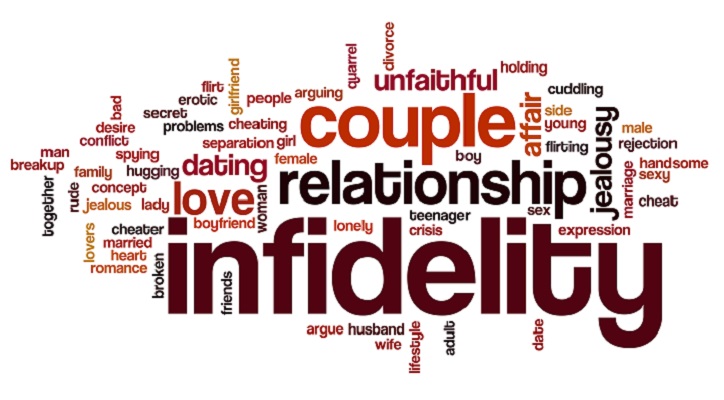
Insecurity can also come from lack of communication or constant criticism from your partner in a relationship.
Usually, jealousy relates to people, while envy is often about things. Jealousy can be perceiving another person as a threat to you or your relationships. With envy, a person might wish they had something someone else has.
For example, you could become jealous if your mother confides in your sister instead of you, but you might become envious that your best friend has a nicer house than you.
Jealousy and envy can both become destructive if you don’t deal with the root of where they come from.
Jealousy can stem from shame. For some people, feeling shame — because you made a mistake or said something hurtful, for example — may trigger jealous feelings.
Most people experience shame at some point in life. However, shame can sometimes transform into more harmful emotions. Addressing shame can be essential to preventing more negative feelings like insecurity and jealousy.
Jealousy and envy can have negative effects on relationships. Sometimes, jealousy can signal a bigger problem, such as:
- lack of trust
- past traumatic experiences
- experiences with unfaithfulness, either in your current relationship or a past one
It can be challenging to build relationships when these factors are present. Understanding attachment styles and working through past relationship experiences and trauma can help overcome jealousy and envy in relationships.
For many people, the first step in overcoming insecurity and jealousy is becoming aware of those feelings.
Some jealousy can be common in relationships. However, jealousy can also be distressing and destructive to relationships. Being able to detect jealous thoughts and feelings may help you recognize their impact on your mental health and relationships.
Self-reflection
Jealousy in relationships can often result from insecurity. If you frequently feel jealous in your relationship, it may be helpful to take a deep look at how you feel about yourself and what could help fulfill you.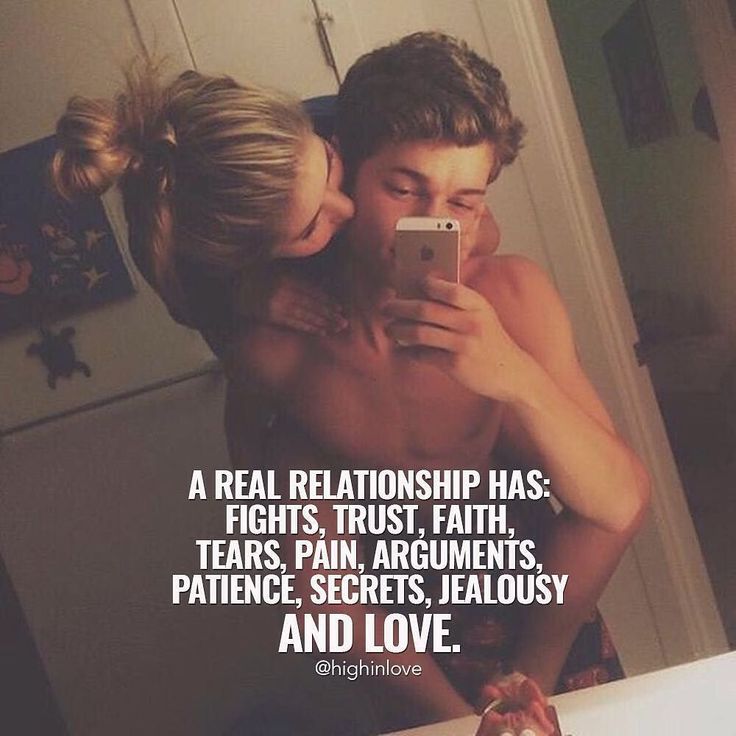
Do what you love
Placing all your self-worth in your relationships may lead to feeling unfulfilled. Engaging in activities or hobbies you love may help you:
- improve self-esteem
- become more independent
- build confidence
Talk about it
Having a conversation with your partner about your feelings can be a powerful step in overcoming insecurity and jealousy. Addressing the problem directly can help alleviate feelings of insecurity and jealousy.
Staying calm and setting boundaries with trust can be crucial when addressing jealousy. Initiating relationship talks during cool, calm times — rather than directly after a heated or triggering situation — can be helpful.
Manage negative thoughts
Finding a way to manage your thoughts may be helpful in overcoming insecurity and jealousy. Mindfulness exercises can be helpful in learning how to “choose” your thoughts.
Therapy
Talking to a therapist about your feelings can help you understand where your thoughts are coming from and help you find a resolution.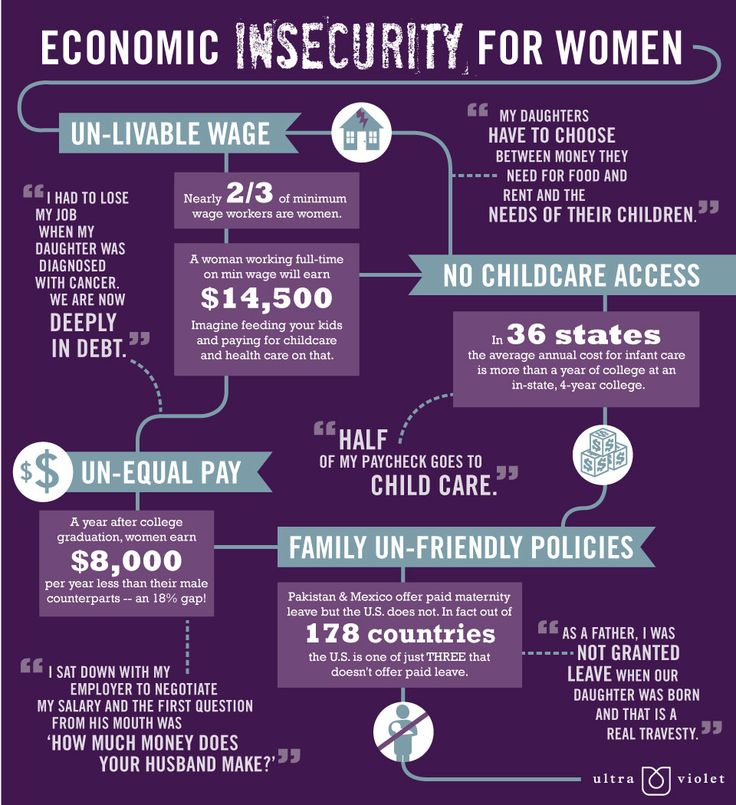 A therapist may also help you explore ways to boost your confidence or improve your self-esteem.
A therapist may also help you explore ways to boost your confidence or improve your self-esteem.
If you find yourself feeling trapped in a cycle of jealousy and insecurity, you are not alone. Everyone feels jealous and insecure occasionally, which can be a painful and distressing experience.
Sometimes, these feelings can stem from shame or a lack of trust. But how you address your emotions often makes all the difference in a healthy relationship — both with your partner and yourself.
Overcoming jealousy and insecurity is possible with self-awareness and effort. And remember that there are resources that help with dealing with complex emotions like envy and jealousy, including:
- books
- podcasts
- therapy
If you’re ready to seek support, visit Psych Central’s guide to finding mental health help.
How to Deal with Insecurity and Jealousy in Relationships
We’ve all been there. You know what I’m talking about – when the little green monster of jealousy rears its ugly head.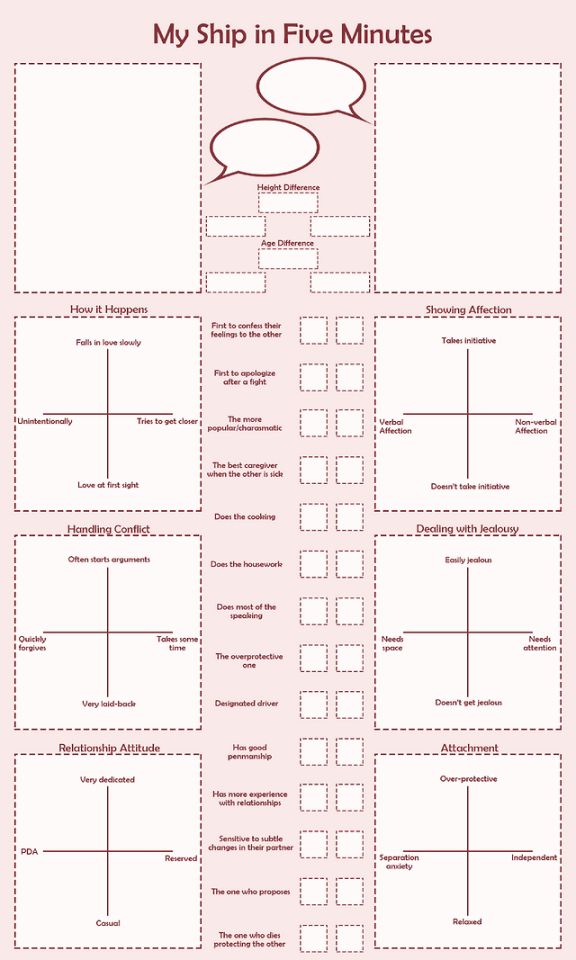
No one likes feeling like this, so how can we overcome these awful feelings and have a successful, happy and healthy relationship?
It’s not always easy, but the good news is that jealousy in relationships can definitely be overcome.
Table of Contents
- What Causes Insecurity and Jealousy in a Relationship?
- How to Deal with Insecurity and Jealousy in Relationships
- Bottom Line
What Causes Insecurity and Jealousy in a Relationship?
There can be many causes of insecurity and jealousy in relationships, but they are all rooted in one basic problem – not feeling good about yourself.
Sure, there are the exceptions where you might have great self-esteem and you just happened to pick a loser who cheats on you. Well, it could happen. But typically, people with a high sense of self-worth don’t choose romantic partners who will treat them badly.
One of the leading causes of low self-esteem (and the resulting insecurity and jealousy) is having a problematic or traumatic childhood.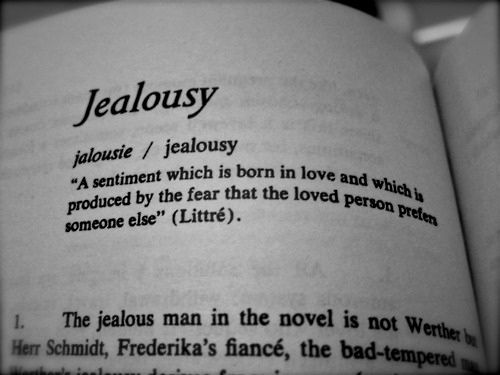
When a baby is born, its brain is like a blank computer. Nothing has been programmed into it yet. However, as the years go by, everything that is said – and done – to the person gets ingrained into their psyche and creates who they are.
I always say that a parent’s “voice” becomes their child’s “voice” later in life. In other words, if your parents told you that you are a loser, lazy, and no-good, then you will end up believing that too. But if they told you how much they love you, are proud of you, and that you can do anything in life, then you’ll believe that.
As you can see, if you grow up in a household with parents who weren’t loving and didn’t give you positive messages about yourself, well, then you will subconsciously choose romantic partners to match that self-fulfilling image of yourself.
How to Deal with Insecurity and Jealousy in Relationships
Just because you have a track record of being jealous in relationships doesn’t mean that you are doomed to feel that way your entire life.
There are things you can do to try to overcome these insecure feelings so you can have a healthy relationship. Let’s take a look at them.
1. Observe Your Jealous Thoughts and Behaviors
First of all, you can’t change what you don’t recognize. You might think that being jealous and insecure are obvious feelings. While they typically are, just knowing you have them won’t automatically change them.
What you need to do is try to look at your thoughts as objectively as you can. And from there, temporarily accept them.
⌄ Scroll down to continue reading article ⌄
⌄ Scroll down to continue reading article ⌄
Pretend like you are a friend of yours giving you advice. It’s much easier to give other people advice than it is to ourselves, right? If you can re-frame your thoughts from a logical point of view, that is the first step to changing them.
2. Examine Your Past and Try to Figure out Where These Insecurities Come From
These feelings come from somewhere.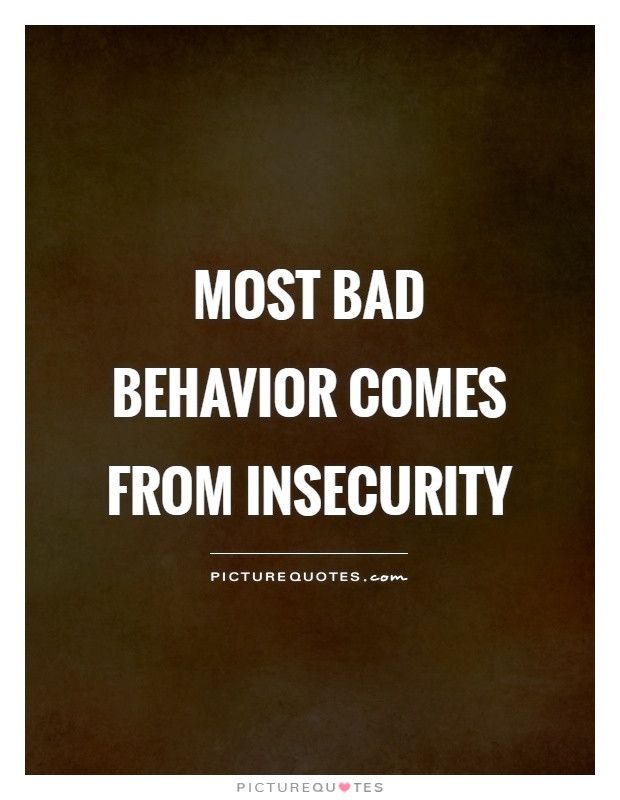 They don’t just magically appear in your mind for no reason.
They don’t just magically appear in your mind for no reason.
For example, they could be rooted in your childhood. Perhaps your dad had a string of affairs on your mom, and so that’s what you saw growing up. If this is the case, then it’s natural that you would think that “all men cheat.”
Or maybe the insecure feelings come from your own experiences. You might have been burned by your first love, and because of that, you find it difficult to trust people.
It doesn’t matter where these thoughts come from, but it will help you if you can pinpoint the underlying cause.
3. Just Because You Have These Thoughts Doesn’t Make Them True
One main problem people have in life is believing every thought that goes through their mind.
Just because you think something, that doesn’t make it true! For example, you might believe that the government is spying on you, but that doesn’t mean it really is. (Perhaps, but maybe not.)
So, you need to acknowledge that these thoughts of insecurity and jealousy might, in fact, be false.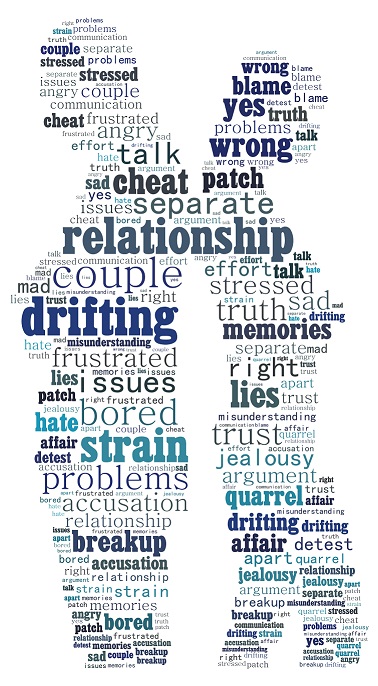
Try to examine them and see if you can eliminate any of them based on that theory
4. Don’t Act on Your Feelings All the Time
Many people don’t have a “filter.” In other words, if they have a thought, it immediately comes out of their mouth. Or if they have a negative emotion, they will act upon it without giving it any rational thought.
I’m sure you’ve heard the term, “think before you speak.” Well, that’s brilliant advice!
Think before you speak – and act. Try to have enough self-control to not say or do anything you will regret because you might make the situation worse if you do.
5. Remember That Uncertainty in Relationships Is Normal
Hey, we are all human. We all have insecurities, and because of that, they will inevitably creep their way into our relationships from time to time. That’s normal.
⌄ Scroll down to continue reading article ⌄
⌄ Scroll down to continue reading article ⌄
Uncertainty is just a way of life because we can’t control everything. The only thing we can control is ourselves.
The only thing we can control is ourselves.
However, there is a continuum of uncertainty. Some is normal and healthy, but other kinds can be toxic to a relationship.
So, make sure that your level of uncertainty is at a lower level if at all possible.
6. Examine Your Assumptions About the Relationship and About Human Nature in General
If you grew up in a dysfunctional family, you might have learned some very negative patterns for being in relationships. For better or for worse, we learn how to behave in relationships from observing how our parents did it. They are our role models.
Therefore, if you had parents who did not have a happy marriage and they were constantly suspicious and jealous of the other person, then you will probably grow up with the assumption that most people are untrustworthy. Of course, this is far from the truth. However, it may have accidentally become your truth.
7. Communicate, Communicate, Communicate
There is no shame in admitting that you are feeling insecure or jealous to your partner.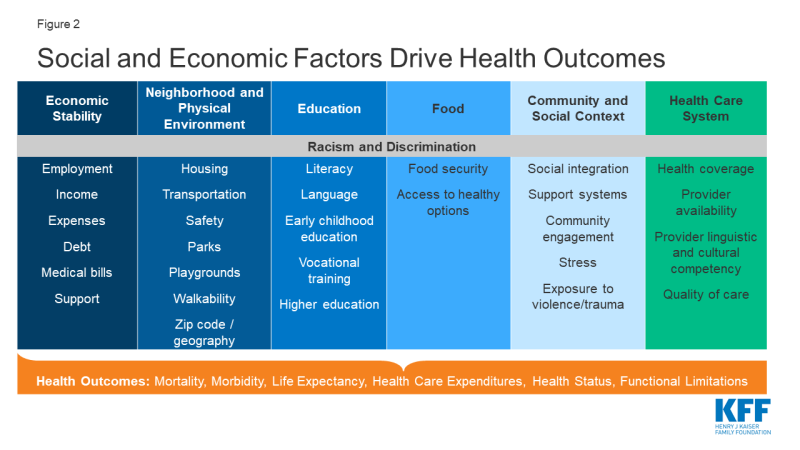 As I said before, we’re all human and will feel this way from time to time.
As I said before, we’re all human and will feel this way from time to time.
But maybe your partner doesn’t know you’re feeling that way… they are not mind readers! So, it’s important to share your feelings.
You need to do it in a calm, rational, and peaceful way. You can’t yell, scream, and name-call because it will have the opposite effect.
When you talk about things in a positive manner, you both can take steps in the relationship to try to alleviate your insecurities.
8. Watch His/Her Behaviors and Body Language
Sometimes all of our insecurities and jealous feelings are in our heads. But sometimes it’s not. Sometimes you really do have a valid reason for feeling the way you do.
It’s important to keep your eye out for any suspicious behaviors your partner might have. For example, do they keep their phone away from you and or hide it when you walk in the room? Are they acting weird?
If so, then you might have a rational reason to feel insecure. But if not, maybe you’re just making it all up in your head.
But if not, maybe you’re just making it all up in your head.
9. Don’t Keep a Tight Rope on Him/Her
It’s almost instinctual to try to limit your partner’s actions when you feel jealous or insecure. You want to know where they are, when they are coming home, and who they are talking to.
⌄ Scroll down to continue reading article ⌄
⌄ Scroll down to continue reading article ⌄
But this will only drive them away from you. No one wants to feel like they are controlled and not trusted.
Even though you are jealous, let them live their life freely. Don’t be a micromanager of their life.
10. Take Action If Something Is Really Fishy
Even though you shouldn’t treat your partner like a caged animal and should give them their freedom, that doesn’t mean that you shouldn’t be on the lookout for any suspicious behavior. You can be observant without being obvious.
If you see strange behaviors, or experience anything that makes you uncomfortable, bring it up for conversation. People who have nothing to hide…hide nothing.
People who have nothing to hide…hide nothing.
If you talk to your partner about their “suspicious” behavior, they should be able to come clean very easily if they’re not doing anything wrong. And if they don’t, then you probably have your answer.
11. Talk to a Therapist
Many people think that going to a therapist makes them weak. But that couldn’t be farther from the truth.
Acknowledging that you need to work on yourself, your self-esteem, and insecurities is a brave and noble thing to do.
If you can afford it, seek help. A good therapist can help you identify the reasons you are jealous, how to overcome them, and can put you on the path to healing – and a healthy relationship.
12. Write down Your Positive and Negative Qualities (And His/Hers)
Our insecurities come from thinking we are not “good enough” for the other person. But everyone has good qualities, you just need to take the time to recognize them.
Write down everything about yourself that you consider to be good.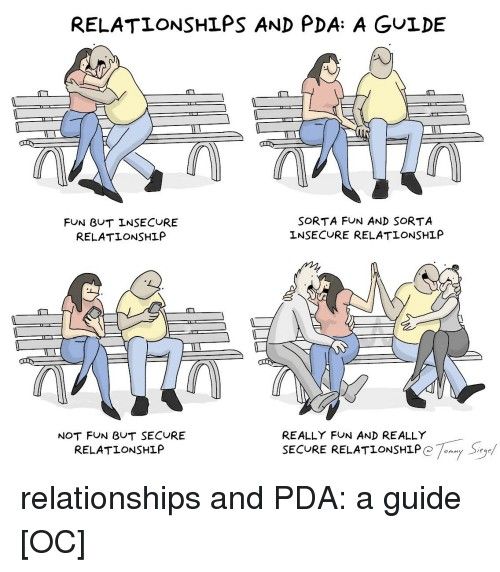 That will help you realize all the reasons that you don’t have to be insecure or jealous.
That will help you realize all the reasons that you don’t have to be insecure or jealous.
Do the same with your partner. When we are jealous, we tend to focus on negative thoughts – not only about ourselves, but about them too. So, write down all the good qualities they possess. That way, your mind won’t wander into unwanted territory.
13. Stop Comparing Yourself to Others
Another huge way that we arrive at our insecurities is comparing ourselves to other people. We look at other people and think how much more attractive they are, or that their personality is better, or they make more money than us.
You have to stop comparing yourself to others because you are uniquely YOU. Embrace yourself!
⌄ Scroll down to continue reading article ⌄
⌄ Scroll down to continue reading article ⌄
If you absolutely have to compare yourself to others, then compare yourself to people who you perceive to be worse off than you. Not to judge them, but to put your thoughts into perspective. If you do this, you will be able to appreciate yourself and your life a lot more.
Not to judge them, but to put your thoughts into perspective. If you do this, you will be able to appreciate yourself and your life a lot more.
Learn more about how to stop comparing yourself to others:
The More We Compare, the More We Lose Ourselves
14. Love Yourself Enough to Be Brave Enough to Lose Them
One last thing at the core of our jealousy and insecurities is not loving ourselves, and that leads to the fear of being alone.
In fact, many people would rather stay in toxic relationships than be alone. Why? Why would you want to be treated like crap from someone else just so you can be in a relationship?
You shouldn’t do that.
Here’s Why Trying Hard to Stay in an Unhappy Relationship Is Not Love, but Fear.
Love yourself enough to have higher standards. Once you are comfortable in your own skin and won’t settle for anything less than you deserve, that’s when you will become more confident. And then your fears and insecurities will slowly disappear altogether.
As you might suspect by now, getting rid of insecurities and jealousy in a relationship has very little to do with the other person, and everything to do with you.
You need to love and value yourself. If you do, then you will most likely attract higher quality people who are naturally trustworthy.
And even if you don’t, you won’t hesitate to walk away from anyone who isn’t treating you with the respect you deserve.
Featured photo credit: Justin Follis via unsplash.com
Jealousy. View of psychologists - PSU T.G. Shevchenko
As part of the project “Love, family, children” implemented by the Psychological Service, we offer you to get acquainted with some of the problems that may arise in relations between a man and a woman.
Jealous is a child,
who is afraid of monsters,
created in the darkness of his imagination.
Pierre Boiste (French philosopher)
There are different views on jealousy in relations between a man and a woman.
- Jealousy is an integral part of sexual love, intimate friendship, it speaks of the strength of attraction.
- Jealousy - selfishness in sexual relations.
- Jealousy is an emotion not inherent in love, like a shadow in human relationships.
In psychology, jealousy is seen as a negative feeling arising from self-doubt when feeling a lack of attention, love, respect or sympathy from a very close person, while all this is real or imaginary received by someone else.
This definition is very common and actually illustrates the essence of the problem. Namely, that the feeling of jealousy is fueled by the internal images of a person. Therefore, for a jealous person, proofs and explanations are often not an argument for trust and peace of mind.
An interesting fact is that jealousy has a biological basis and purpose. This feeling is provided by nature to protect the object most suitable for procreation, to preserve one's life and is fueled by testosterone. From this point of view, there is an objective, necessary jealousy. But what to do with pathological jealousy, which does not need real facts? Both the jealous and their entourage suffer from such excruciating jealousy. Particularly jealous people resort to surveillance, violence, scandals, depression, intrusive actions in the form of checking phones, etc. All this has a detrimental and destructive effect on family and love relationships.
From this point of view, there is an objective, necessary jealousy. But what to do with pathological jealousy, which does not need real facts? Both the jealous and their entourage suffer from such excruciating jealousy. Particularly jealous people resort to surveillance, violence, scandals, depression, intrusive actions in the form of checking phones, etc. All this has a detrimental and destructive effect on family and love relationships.
Pathological jealousy, one way or another, can be compared with a psychological problem of a certain kind. Therefore, we propose to consider the following types of jealousy:
Paranoid jealousy. People with this type of jealousy, avoiding fantasies about their own desires for infidelity and polygamous relationships, project their needs onto other people, becoming convinced that their partners are dangerously attractive to others. According to the British psychoanalyst Nancy McWilliams, such fears often hide the fear of one's own homosexual fantasies, which are dangerous from the point of view of social punishment. It is in this that the need of a paranoid jealous person is revealed, not to receive punishment himself, to blame a loved one. Jealousy of this type arises as a result of an extreme degree of humiliation in the family, as well as due to increased anxiety of the mother, who not only is not able to help the child cope with her relationship, but also transmits to him a basic distrust of the world and himself.
It is in this that the need of a paranoid jealous person is revealed, not to receive punishment himself, to blame a loved one. Jealousy of this type arises as a result of an extreme degree of humiliation in the family, as well as due to increased anxiety of the mother, who not only is not able to help the child cope with her relationship, but also transmits to him a basic distrust of the world and himself.
Manifestations. Constant distrust, checks, ideas that they will be thrown and betrayed from the very beginning of the relationship. This is expressed not just in deliberation, but in a sense of fear of losing the relationship. The partner of a paranoid jealous person in the course of the relationship begins to experience anxiety and a sense of insecurity that he did not experience before. With all this, paranoid individuals are capable of deep relationships, love and fidelity, and therefore can become wonderful family men. In order to help your partner cope with your distrust, create a stable, understood and friendly environment in the house and in the relationship. Keep promises, try to tell the truth. He needs to feel that your relationship is honest and safe.
Keep promises, try to tell the truth. He needs to feel that your relationship is honest and safe.
Narcissistic jealousy. People whose personality is organized around the support of self-esteem through confirmation from outside are called narcissists. Jealousy of narcissists is based on a deep unconscious feeling that they are deceived and unloved and fueled by fear of shame. It is formed as a result of excessive expectations on the part of parents, inflated standards that are difficult for a child to meet. It seems to such people that if they are not the best, they will not be loved. Because of this, narcissistic jealousy is highly sensitive to non-verbal emotional messages and messages in the presence of other people. For example, when a partner is too smiling and friendly with others, has many friends. Jealousy manifests violently, emotionally. At the same time, you can hear the phrases “What will others think? They will laugh at me. Did you flirt with him because he makes more money? In order to quench the narcissist's jealousy, praise your partner more, especially in front of others.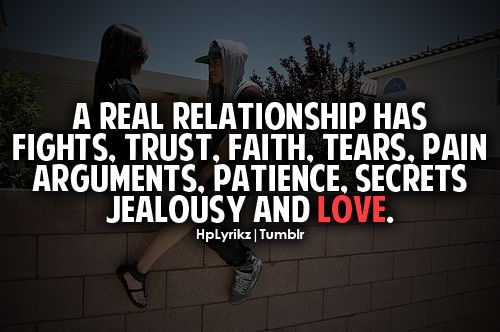 Try to be more restrained in praising others. And most importantly, the partner must understand that you love him and appreciate him not only for his achievements, but for his individuality and small weaknesses.
Try to be more restrained in praising others. And most importantly, the partner must understand that you love him and appreciate him not only for his achievements, but for his individuality and small weaknesses.
Psychopathic jealousy. Psychopathic jealousy is the most violent and takes the most pathological forms and consequences. The main problem is that a person cannot constantly control his impulses and reactions. Therefore, manifestations of jealousy are antisocial in nature. Psychopathic jealousy is built on the inability to human affection and reliance in relationships on primitive territorial psychological mechanisms. Jealous people believe that it is necessary to remind who is the boss in the house, and to show with jealousy that a person is his property. Most often, this type of jealousy is observed in men. The degree of manifestation of jealousy decreases after 30-40 years. Since it is difficult and almost impossible for psychopathic personalities to express their emotions and fears, they demonstrate them through showing their strength, resorting to violence, beatings, screaming. In order to avoid violence due to jealousy, it is necessary to make a person respect himself. Keep your promises and threats, do not throw words into the wind. And in no case do not tolerate pathological manifestations of jealousy, because this will only contribute to their growth.
In order to avoid violence due to jealousy, it is necessary to make a person respect himself. Keep your promises and threats, do not throw words into the wind. And in no case do not tolerate pathological manifestations of jealousy, because this will only contribute to their growth.
Masochistic jealousy. People with masochistic jealousy have an unconscious idea that they can only be interested and loved in moments of fear, anxiety and suffering. Such feelings are formed at an early age, if parents pay attention to the child only at the moment when he is very ill (strong tears, a full diaper, pain). Masochists - jealous people fantasize and expect jealousy in order to feel pain and cause a partner to feel guilty, in which he will pay more attention to him. Often masochists introduce loved ones to attractive people and provoke situations in which their jealousy escalates. Even if there is an objective reason for jealousy or betrayal, masochists do not leave their loved ones, receiving painful pleasure from the situation.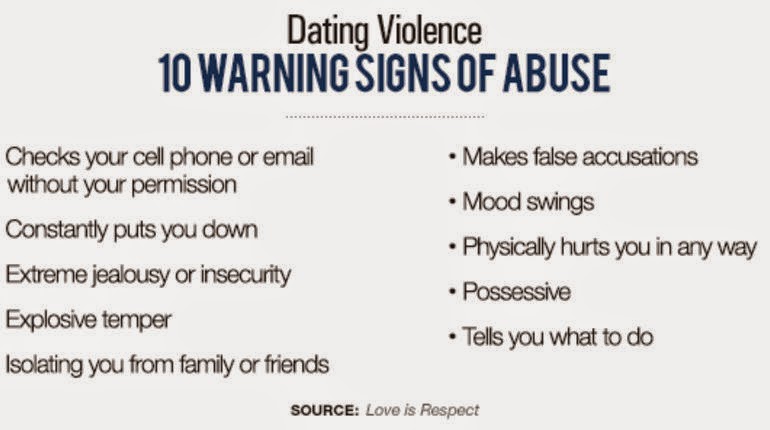 Manifestations of this type of jealousy are as follows: a sad person reminds that he loves so much, but he doesn’t, and he suffers. To help cope with the manifestations of masochistic jealousy, you can use trusting relationships. Try to pay attention to your partner in ordinary and pleasant situations.
Manifestations of this type of jealousy are as follows: a sad person reminds that he loves so much, but he doesn’t, and he suffers. To help cope with the manifestations of masochistic jealousy, you can use trusting relationships. Try to pay attention to your partner in ordinary and pleasant situations.
Schizoid or avoidant jealousy. Schizoid jealousy is inherent in people who unconsciously and purposefully form fantasies of jealousy in order to create or maintain an interpersonal distance with a partner. These people are unemotional and therefore, in their jealousy, they do not show excessive anxiety and emotions. You can only notice the sadness that the jealous man does not want to talk about. This is precisely the difficulty in calming jealousy - it is difficult to guess about it. From them you can hear calm phrases like: “You like him, then I won’t interfere”, “I can’t stand your obvious flirting, I need to think in private.” Also, his ideas about jealousy can take a very artsy and creative form. For example, ideas for incredible dates or gifts. If a person becomes jealous, he becomes surprisingly indifferent in sexual relations, spends a lot of time away from home and at work, reading philosophy. The main problem that causes jealousy is the emotional distancing that a person is used to. If you see that the mother of a loved one is very cold and stingy with emotions, you can expect various tricks from him, with the help of which he will try to maintain a safe interpersonal distance with you. Respect for a person's personal boundaries can help deal with this kind of jealousy. If you feel that it is difficult for your partner to open up, give him the opportunity to get used to you gradually. He should have a place in the house that will be only his. Otherwise, sooner or later he will resort to his defense mechanisms of avoiding contact and form the idea of jealousy.
For example, ideas for incredible dates or gifts. If a person becomes jealous, he becomes surprisingly indifferent in sexual relations, spends a lot of time away from home and at work, reading philosophy. The main problem that causes jealousy is the emotional distancing that a person is used to. If you see that the mother of a loved one is very cold and stingy with emotions, you can expect various tricks from him, with the help of which he will try to maintain a safe interpersonal distance with you. Respect for a person's personal boundaries can help deal with this kind of jealousy. If you feel that it is difficult for your partner to open up, give him the opportunity to get used to you gradually. He should have a place in the house that will be only his. Otherwise, sooner or later he will resort to his defense mechanisms of avoiding contact and form the idea of jealousy.
Hysterical jealousy. Tantrums are very emotional, sensitive and demonstrative.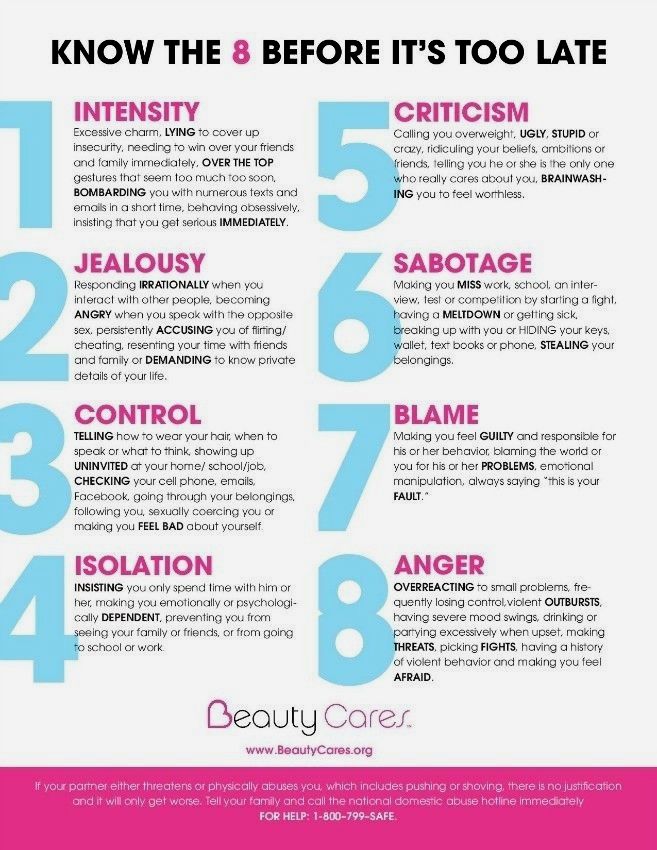 They have a developed intuition and are used to being the center of attention of a loved one and not only. Tantrums are used to having fun. Hysterical jealousy always has a vivid emotional character and is often associated with suspicions of betrayal in the form of sex, and not spiritual intimacy. Jealousy often arises if sexual relations cool down and comes with the first manifestations of old age (wrinkles, gray hair). These two indicators form a belief in personal unattractiveness, and as a result, a certain justification is formed, in our case, treason. Jealous people are convinced that the partner has found or is looking for a younger and physically stronger person. The hysteric sharply and violently demonstrates his jealousy, begins to scream for no reason. His mood quickly changes from good to bad, there is no criticism of his actions, he calms down only in case of a scream or aggression from a partner. The actions of a jealous person are unusually theatrical, reminiscent of playing out a tragedy.
They have a developed intuition and are used to being the center of attention of a loved one and not only. Tantrums are used to having fun. Hysterical jealousy always has a vivid emotional character and is often associated with suspicions of betrayal in the form of sex, and not spiritual intimacy. Jealousy often arises if sexual relations cool down and comes with the first manifestations of old age (wrinkles, gray hair). These two indicators form a belief in personal unattractiveness, and as a result, a certain justification is formed, in our case, treason. Jealous people are convinced that the partner has found or is looking for a younger and physically stronger person. The hysteric sharply and violently demonstrates his jealousy, begins to scream for no reason. His mood quickly changes from good to bad, there is no criticism of his actions, he calms down only in case of a scream or aggression from a partner. The actions of a jealous person are unusually theatrical, reminiscent of playing out a tragedy.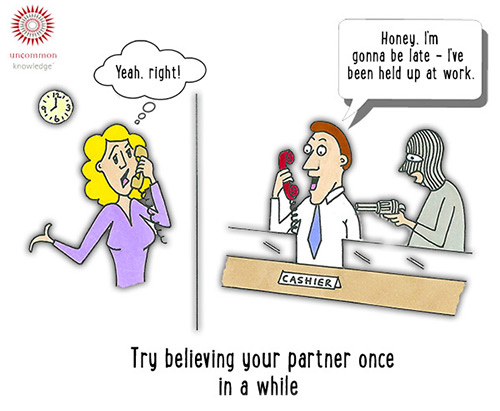 In order to reduce the level of unreasonable jealousy, it is necessary to kindle a flame in sexual relations, to talk more often about the external attractiveness of a partner.
In order to reduce the level of unreasonable jealousy, it is necessary to kindle a flame in sexual relations, to talk more often about the external attractiveness of a partner.
Obsessive-compulsive jealousy. People prone to this type of jealousy tend to form obsessive thoughts and actions. There are many workaholics and scientists among them. Their jealousy is saturated with rational explanations, facts, and is unemotional. Manifestations of jealousy are systemic, planned. For example, a person checks your phone exactly four times a day or eavesdrops only on evening phone conversations. Jealousy is similar to ritual actions. The reason for jealousy is the anger and fear imposed on the part of the parents, when they showed love only in return for homework done, a poem read or told. Thus, by performing certain actions, the jealous person protects himself from the loss of the object. Let the person perform his rituals, of course, if they are more or less normal. Remember that this is how they think they protect your relationship.
Remember that this is how they think they protect your relationship.
In any case, jealousy, one way or another, may be present in our relationship. It can be useful and warm up a cooled relationship. But it can destroy even the strongest alliance. “If you want to keep your husband, make him a little jealous of you; if you want to lose him, make him jealous of you a little more” (Henry Louis Mencken). Jealousy can keep you feeling in love. In a stable relationship, eliciting a little bit of jealousy is just as important as it is when a relationship starts. But here it is very important not to go too far. Causing jealousy in a partner, it is important not to forget to give him attention, care, your love. Remember that when playing with jealousy, it is important not to play too much. If there is too much jealousy, it becomes almost impossible to maintain a warm relationship.
Psychologists at the University of Delaware believe that both women and men are subject to blind jealousy. Two professors have found that in a moment of jealousy, people become so drunk on negativity that they are unable to distinguish objects in front of them. Therefore, at the moment when jealousy becomes pathological, that is, it is formed not on objective facts, but on internal deep problems, a similar blindness overcomes a person’s whole life and relationships. And then the most effective way out can be an appeal to an experienced psychologist. But to begin with, discuss with your partner your concerns about your own or his jealousy, clearly and unambiguously formulate your attitude towards him. And most importantly - do not forget to say words of love to each other.
Two professors have found that in a moment of jealousy, people become so drunk on negativity that they are unable to distinguish objects in front of them. Therefore, at the moment when jealousy becomes pathological, that is, it is formed not on objective facts, but on internal deep problems, a similar blindness overcomes a person’s whole life and relationships. And then the most effective way out can be an appeal to an experienced psychologist. But to begin with, discuss with your partner your concerns about your own or his jealousy, clearly and unambiguously formulate your attitude towards him. And most importantly - do not forget to say words of love to each other.
The psychological service of the university is always with you!
(room 7 77, 81, office tel.: 053379567)
What is jealousy and should we fight it?
Jealousy is an unpleasant feeling that is difficult to experience. It occurs when it seems to us that a loved one is paying attention and love to someone else. People strive to keep what is important to them, and with the help of jealousy they demonstrate to their partner his importance. But uncontrolled jealousy, especially its frequent outbreaks, can develop into anger, provoke feelings of guilt and lead to conflicts. In such situations, jealousy can become a reason that destroys relationships.
People strive to keep what is important to them, and with the help of jealousy they demonstrate to their partner his importance. But uncontrolled jealousy, especially its frequent outbreaks, can develop into anger, provoke feelings of guilt and lead to conflicts. In such situations, jealousy can become a reason that destroys relationships.
Understanding why we are jealous, do we need jealousy and when to fight it.
Who and why is jealous
Jealousy is a complex psychological phenomenon, an acquired reaction that we manifest in certain, different situations for each. The feeling of jealousy appears and develops in childhood. Children may be jealous of one parent for another, or a brother or sister for their parents.
The baby feels the first similar feeling when he is weaned. This feeling of resentment, injustice, rejection by the mother is a normal new experience, which will subsequently become the basis for feelings of jealousy.
Teenagers are jealous of friends and lovers, and this feeling can completely absorb boys and girls with low self-esteem.
Jealousy manifests itself as a reaction to injustice, due to anxiety and feelings of helplessness, inability to express love or self-centeredness - rejection of other points of view than one's own.
Photo by Liane Metzler from Unsplash
For adults, the causes of jealousy are the fear of losing the attention of a significant person, losing the attention and love of loved ones, as well as envy of someone because of his achievements, living conditions and other reasons. The main factor in the manifestation of jealousy is the feeling of a threat to something important, and the threat can be far-fetched. We are most jealous in romantic relationships.
Why do we need jealousy
Jealousy is inherent in every person: evolutionarily it was fixed as a necessary reaction, because it helped us to survive. First, pain or sadness prevents you from acting quickly and accurately. Jealousy helps to overcome this, feel the threat and try to quickly solve the problem. Secondly, jealousy is part of the rivalry that man has faced for most of his historical existence. She helped compete for a sexual partner and other important and limited resources.
First, pain or sadness prevents you from acting quickly and accurately. Jealousy helps to overcome this, feel the threat and try to quickly solve the problem. Secondly, jealousy is part of the rivalry that man has faced for most of his historical existence. She helped compete for a sexual partner and other important and limited resources.
Features of competition have influenced the fact that female and male jealousy are different. The evolutionary significance of male jealousy is to protect oneself from raising someone else's offspring, which was not uncommon in conditions of polygamy. Since the male could not be 100% sure that he was spending his energy on raising his own cubs, jealousy began to manifest itself more strongly in relation to sexual infidelity.
For women, the situation is different: the females tried to make sure that the partner would spend all possible resources only on her and her offspring. These resources should not have gone to others, because it was the key to survival. Therefore, female jealousy is stronger in relation to emotional betrayal, when the partner pays more attention to another woman.
Therefore, female jealousy is stronger in relation to emotional betrayal, when the partner pays more attention to another woman.
Private practice psychologist Veronika Pivkina explains: “In psychology, no feeling is considered unimportant, even anger, sadness and jealousy are needed for something. They help us, but some of their manifestations may be socially unacceptable: in such cases, people may consider feel bad about it."
Jealousy helps us keep the couple, as we have always strived to leave more offspring. Culture and society offer us very different norms of behavior and values. In addition, jealousy can be viewed as a point for development: the manifestation of negatively colored emotions demonstrates our weaknesses. For example, one woman is jealous of a partner for another woman on the basis that she is more slender. This is due to internal complexes, and in order to solve the problem, you first need to work on yourself.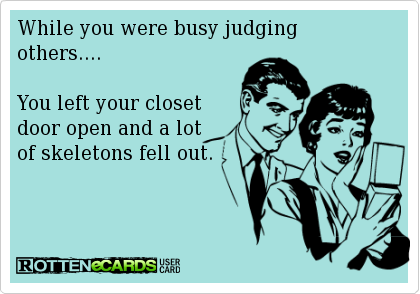
Unsplash photo of Priscilla Du Preez
Jealousy is inherent in everyone, and it is normal to feel it. This feeling has become ingrained in us for the sake of survival, since for most of our history we had to fight for survival. Now a woman is able to raise a child on her own, and jealousy for the sake of survival is not needed. Keeping a partner, no matter what, is no longer necessary, it is more important to build a comfortable and healthy relationship. Jealousy is worth accepting, but at the same time not allowing it to take control over you: strong and aggressive outbursts of jealousy destroy relationships and harm everyone.
How to deal with jealousy in a relationship
Uncontrolled manifestations of jealousy can destroy relationships, as they are often associated with aggression and humiliation of the partner's dignity. In a healthy relationship, this should not be the case.
"A person may be afraid of losing a partner and not show jealousy openly. Then he torments himself by secretly checking his partner's belongings, reading his messages, begins to follow him. These are unhealthy manifestations of jealousy that exhaust a person. All the energy that could be spent on something useful and productive goes to jealousy," says Veronika Pivkina.
Then he torments himself by secretly checking his partner's belongings, reading his messages, begins to follow him. These are unhealthy manifestations of jealousy that exhaust a person. All the energy that could be spent on something useful and productive goes to jealousy," says Veronika Pivkina.
Read also: Gaslighting: what it is and how to deal with this type of psychological abuse
Build an open, trusting relationship with friends or a partner in which situations, feelings and problems can be calmly discussed. Silencing negative feelings is not an option, because over time it will result in an uncontrollable emotional outburst.
To avoid negative emotional situations such as jealousy, partners must trust each other.
Veronika Pivkina tells how to work on feelings of jealousy:
"Work on relationships is, first of all, work on oneself for each of the partners. It is worth paying attention to self-esteem: if a person is not confident in himself, then jealousy will always arise in response to the fact that there is someone next to the partner who seems better than himself. It is important not to start the problem to an acute state, because then it will be more difficult and time consuming to solve it. Of course, it is easier to work with a specialist: this way you can distinguish between perception errors in different partners, look at the situation with an open mind. But if a person feels that he is capable to cope on their own, then normal specialists only encourage such a desire.I believe that the work of a psychologist is precisely to give tools for overcoming the problem on your own.An open, confidential conversation with a partner in a calm tone can help with this.Inform him about about what's bothering you, when and why you felt jealous. Ask your partner to help you deal with the situation and emotions."
It is worth paying attention to self-esteem: if a person is not confident in himself, then jealousy will always arise in response to the fact that there is someone next to the partner who seems better than himself. It is important not to start the problem to an acute state, because then it will be more difficult and time consuming to solve it. Of course, it is easier to work with a specialist: this way you can distinguish between perception errors in different partners, look at the situation with an open mind. But if a person feels that he is capable to cope on their own, then normal specialists only encourage such a desire.I believe that the work of a psychologist is precisely to give tools for overcoming the problem on your own.An open, confidential conversation with a partner in a calm tone can help with this.Inform him about about what's bothering you, when and why you felt jealous. Ask your partner to help you deal with the situation and emotions."
When Jealousy Signals Danger
Jealousy is often romanticized and associated with love.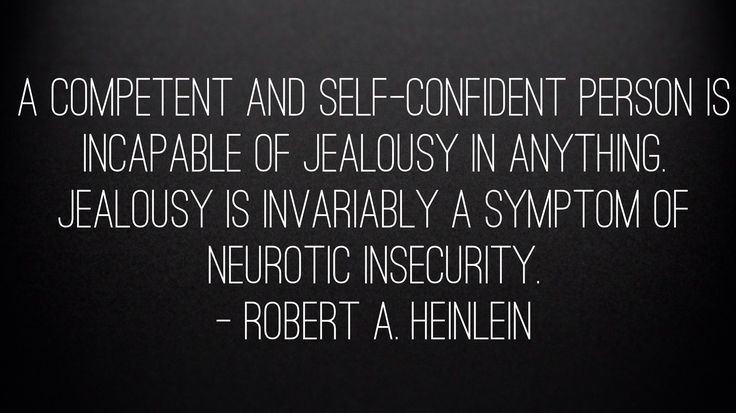 The feeling of love often accompanies the fear of losing it, but jealousy is not only a manifestation of such fear. Jealousy and love must be separated from each other. "Authoritarian, egocentric people are sure that there is their opinion and the wrong one. They want everything to be just the way they see it and consider it acceptable. If such an egocentric partner cheats and at the same time considers such behavior unacceptable, then he may think that the second partner "behaves the same way. This is projected jealousy, which helps him to transfer responsibility and calm his conscience: he attacks in order to reduce his feelings of guilt," the psychologist notes.
The feeling of love often accompanies the fear of losing it, but jealousy is not only a manifestation of such fear. Jealousy and love must be separated from each other. "Authoritarian, egocentric people are sure that there is their opinion and the wrong one. They want everything to be just the way they see it and consider it acceptable. If such an egocentric partner cheats and at the same time considers such behavior unacceptable, then he may think that the second partner "behaves the same way. This is projected jealousy, which helps him to transfer responsibility and calm his conscience: he attacks in order to reduce his feelings of guilt," the psychologist notes.
Sep photo from Unsplash
Projected jealousy may indicate that you are in a toxic relationship. Such relationships bring you emotional pain, deplete internal resources, negatively affect self-esteem, prevent you from realizing your goals and interfere with personal growth.
Toxic relationships and projected jealousy often escalate into abuse. An egocentric partner ignores, scandalizes, insults, tries in every possible way to ruin life, or even beats. In such situations, talking will not help, and it is better to step back as soon as possible. It is not always possible to cope with the actions of such a partner on your own, so do not be afraid to ask for help, at least contact your friends or relatives for support.
If you encounter partner aggression, then call the hotline of the psychological support service in crisis situations: 8 (7172) 38-03-06. Psychological support is provided by professional psychologists of the service who have undergone special training. Working hours: Monday - Friday from 9.00 to 18.30, Saturday - from 10.00 to 13.00.
If you are in danger, call the emergency number 112 or the police directly at 102.
